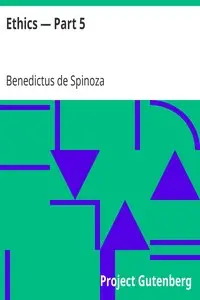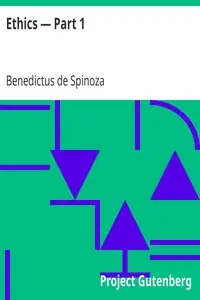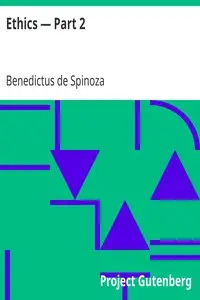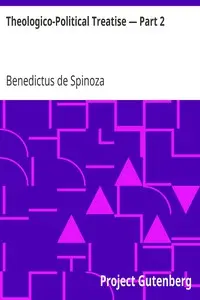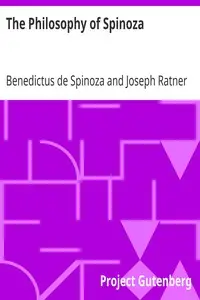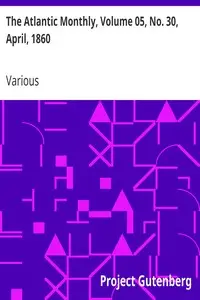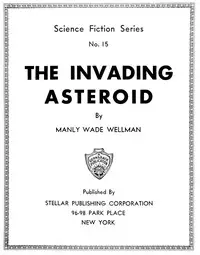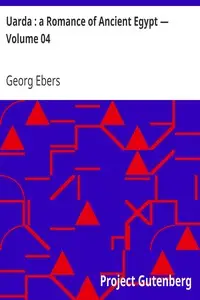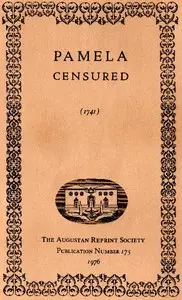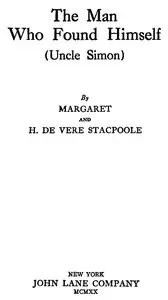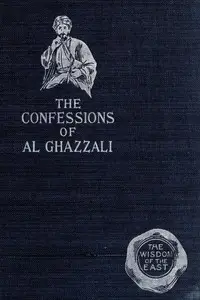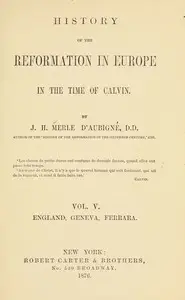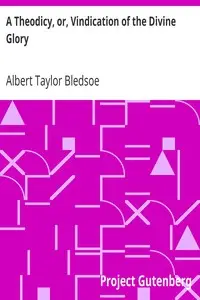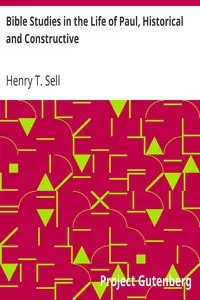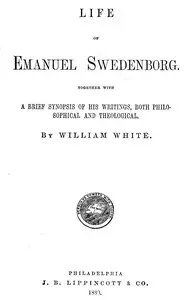"A Theological-Political Treatise [Part III] by Benedictus de Spinoza" is a philosophical treatise written in the 17th century, specifically during the Enlightenment period. This work is part of Spinoza's broader exploration of religion, politics, and philosophy, focusing on the relationship between theology and reason, as well as the nature of faith and the role of scripture. It examines these topics through a rational lens, questioning the traditional interpretations of biblical texts while advocating for a rational and ethical approach to religion. In Part III, chapters XI to XV, Spinoza engages deeply with the nature of the Apostles’ writings, suggesting that their epistles were not divinely inspired in the way traditional prophets' messages were. He argues that scripture primarily imparts simple and clear moral doctrines rather than complex philosophical ideas, asserting that faith should be based on obedience and good works rather than intricate theological disputes. Furthermore, he delineates the independence of theology from reason, positing that while theology strives for obedience and piety, philosophy seeks truth. This separation aims to relieve the potential conflicts between faith and rational inquiry, ultimately promoting a vision of religion that harmonizes with reasoned ethical living. (This is an automatically generated summary.)
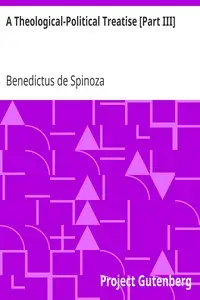
A Theological-Political Treatise [Part III]
By Benedictus de Spinoza
"A Theological-Political Treatise [Part III] by Benedictus de Spinoza" is a philosophical treatise written in the 17th century, specifically during th...
Genres
Released
1997-07-16
Formats
epub3 (images)
epub
epub (images)
mobi (images)
mobi
Free Download
Overview
About the Author
Baruch (de) Spinoza, also known under his Latinized pen name Benedictus de Spinoza, was a philosopher of Portuguese-Jewish origin. A forerunner of the Age of Enlightenment, Spinoza significantly influenced modern biblical criticism, 17th-century rationalism, and Dutch intellectual culture, establishing himself as one of the most important and radical philosophers of the early modern period. Influenced by Stoicism, Thomas Hobbes, René Descartes, Ibn Tufayl, and heterodox Christians, Spinoza was a leading philosopher of the Dutch Golden Age.
Total Reviews
10.0k
Total reviews from Goodreads may change

